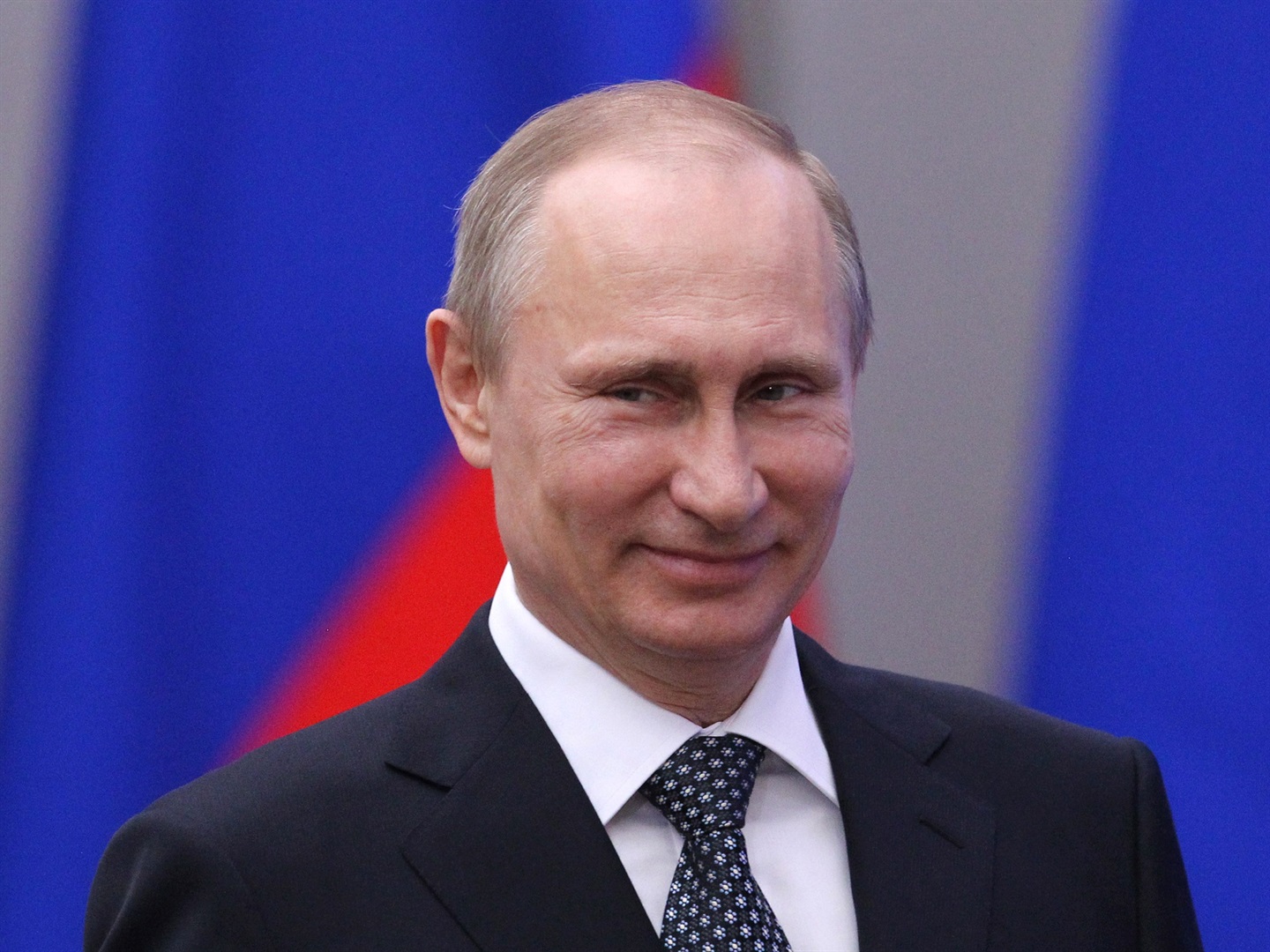- SA respects international statutes, said Vincent Magwenya, after the ICC issued a warrant of arrest for Vladimir Putin.
- He wouldn’t speculate about what could happen if Putin arrived in SA for a Brics summit later in the year.
- In 2015, the SA government failed to execute a similar warrant when Omar al-Bashir visited South Africa.
The South African government respects international statutes, said President Cyril Ramaphosa’s spokesperson, Vincent Magwenya, who wouldn’t “speculate” on what would happen if Russia’s President Vladimir Putin set foot in the country later this year for a Brics summit.
The International Criminal Court (ICC) last week issued a warrant of arrest for Putin for alleged war crimes committed in Ukraine.
The Kremlin repeatedly denied accusations that Russian forces committed atrocities during the invasion of its neighbour.
The ICC issued the warrant for Putin’s arrest on suspicion of unlawful deportation of children and unlawful transfer of people from Ukraine to the Russian Federation, Reuters reported.
South Africa is a signatory of the Rome Statute and, therefore, has the responsibility to execute an ICC arrest warrant, if the person against whom it is issued sets foot in South Africa.
However, in 2015, the South African government refused to detain the former president of Sudan, Omar al-Bashir, who attended an African Union summit in South Africa.
He was subject to two ICC arrest warrants for several counts of genocide, crimes against humanity and war crimes.
READ | Moscow slams Putin arrest warrant as ‘meaningless’ as Ukraine hails ICC’s decision
South Africa’s Supreme Court of Appeal ruled the following year that the implementation act for the Rome Statute overruled the immunity granted to foreign heads of state, and that Al-Bashir should have been arrested in South Africa.
South Africa will host a summit of the heads of state of the Brics countries – Brazil, Russia, India, China and South Africa – later this year.
“We note the reports on the warrant of arrest that the ICC has issued against President Putin. It remains South Africa’s commitment, and very strong desire that the conflict in the Ukraine is resolved peacefully through negotiations,” Magwenya said.
News24 analysis | Ukraine war: One year on and the ramifications for SA and the world
“We are, as a government, cognisant of our obligation. However, between now and the summit, we will remain engaged with various relevant stakeholders with respect to the summit and other issues related.”
Magwenya said he was informed that there hadn’t even been invitations sent to the Brics heads of state, so talk about Putin coming to South Africa would be “speculating against scenarios that may not necessarily arise”.
He said the government maintained its neutral position on Russia’s invasion of Ukraine, and that the conflict should be resolved peacefully through negotiations.
“And we will repeat that message over and over,” he said.
He said Ramaphosa, in conversations with both Ukraine’s President Volodymyr Zelensky and Putin, had emphasised the importance of peaceful engagement.
Magwenya said Ramaphosa had emphasised that United Nations Secretary-General António Guterres could play a significant role in such engagements.
READ | SA offers to host Ukraine-Russian parliamentary peace talks
Since Russia’s invasion of Ukraine in February last year, the South African government has been tacitly supporting Russia, under the guise of neutrality, refusing to acknowledge its Brics partner’s role as the aggressor in invading a sovereign state.
Last month, South Africa hosted Russia and China for naval exercises off the KwaZulu-Natal coast.
Amid much international criticism, ahead of the naval exercises, the ministry of defence and military veterans said: “Contrary to the assertions by our critics, South Africa is not abandoning its neutral position on the Russia-Ukraine conflict.”
Defence and Military Veterans Minister Thandi Modise attended an international security conference in Russia in August last year.
In October, South Africa was one of 35 countries that abstained in a United Nations General Assembly vote, which condemned Russia’s annexation of Ukrainian territories.




















Discussion about this post